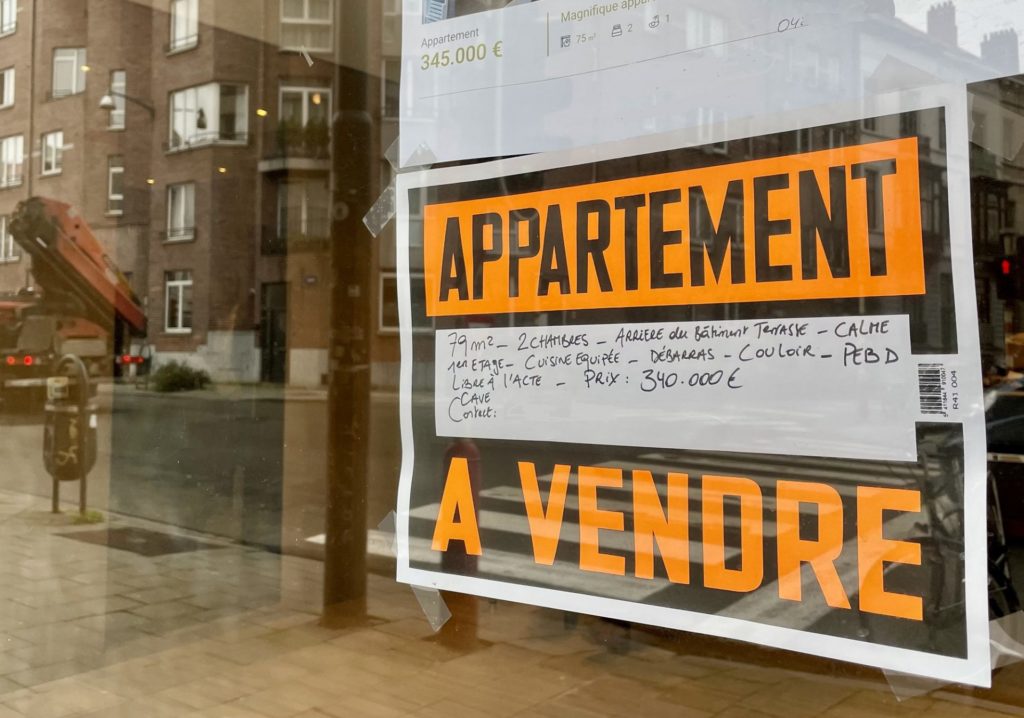The Brussels-Capital Regional Government on Thursday approved a preliminary draft ordinance that will make the purchasing of a primary residence in the region cheaper from a tax point of view.
The capital faces a chronic lack of affordable housing and has done for some time now. This new ordinance, proposed by the region's Finance Minister Sven Gatz, provides for three changes to the regional system of registration duties, in part to tackle this issue by making buying a home cheaper.
"These amendments to the abatement are intended to make the purchase of a home that becomes the buyers' main residence less expensive," Gatz said in a statement.
"By doing so, we aim to maintain a sufficiently large middle class of young families in the Brussels-Capital Region who are willing to invest in their own home."
Discount on registration and renovation
The changes include the increase of the discount on registration duties, the regional tax that the buyer must pay on top of the purchase price of a home from €175,000 to €200,000. Additionally, homes up until the price of €600,000 will be eligible for the discount, up from €500,000.
Some 7,000 families, around two-thirds of homebuyers in the region, have already taken advantage of the reduction in registration fees to settle in Brussels for longer periods or indeed permanently.
Buyers who apply for the additional discount for a major energy renovation of the property (€25,000 per energy class jump, provided that an improvement of at least two jumps is made) will get five years rather than two to settle in the house.
Related News
- More than 1 in 3 social homes in Brussels not adequately sized
- Brussels housing crisis: A problem too big to ignore
- Belgian houses almost 9% too expensive
"After all, extensive renovation work in a home can take a long time and it is not uncommon for buyers to be faced with setbacks during the renovations, which means they cannot move into the property within two years."
Once the new rules come into force, people making use of the discount will have to move into the property within three years – up from two previously.
The text will be submitted for the opinion of, among others, the Brussels social partners, the Brussels Council for the Environment and the Federal Public Service for Finance, which will discuss the technical feasibility of it.

